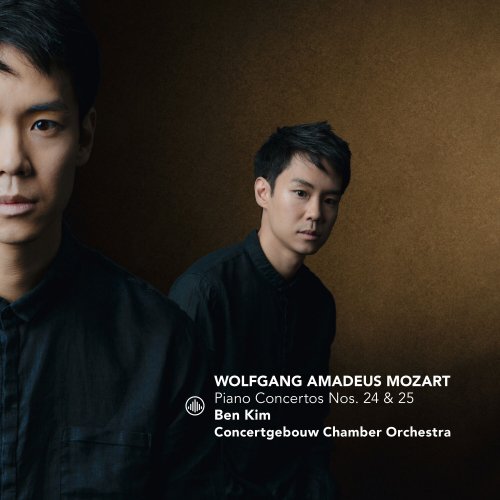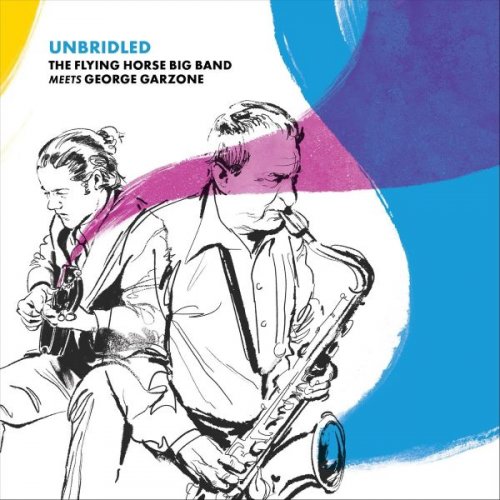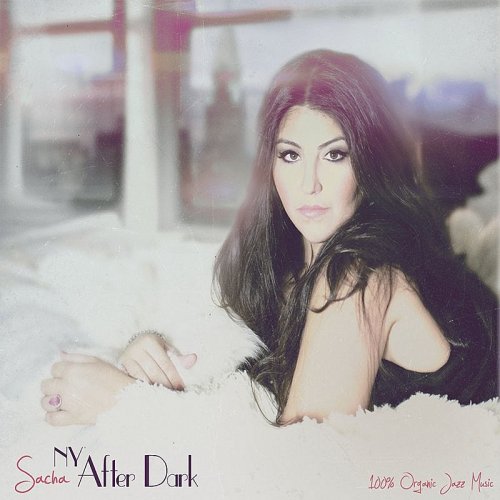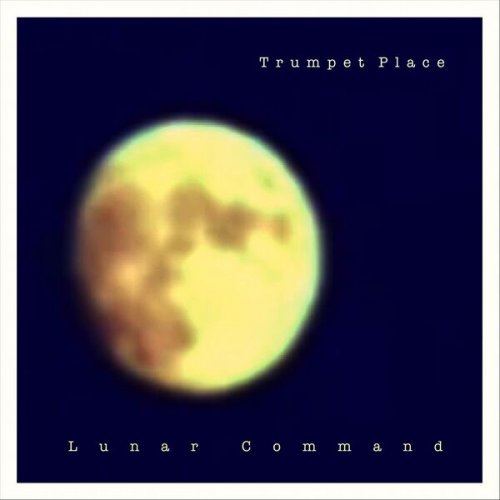Ben Kim, Concertgebouw Chamber Orchestra, Michael Waterman - Mozart: Piano Concertos Nos. 24 & 25 (2023) [Hi-Res]

Artist: Ben Kim, Concertgebouw Chamber Orchestra, Michael Waterman
Title: Mozart: Piano Concertos Nos. 24 & 25
Year Of Release: 2023
Label: Challenge Classics
Genre: Classical Piano
Quality: flac lossless (tracks) / flac 24bits - 96.0kHz
Total Time: 01:04:42
Total Size: 285 mb / 1.08 gb
WebSite: Album Preview
TracklistTitle: Mozart: Piano Concertos Nos. 24 & 25
Year Of Release: 2023
Label: Challenge Classics
Genre: Classical Piano
Quality: flac lossless (tracks) / flac 24bits - 96.0kHz
Total Time: 01:04:42
Total Size: 285 mb / 1.08 gb
WebSite: Album Preview
01. Piano Concerto No. 24 in C Minor, K. 491: I. Allegro
02. Piano Concerto No. 24 in C Minor, K. 491: Allegro-Cadenza
03. Piano Concerto No. 24 in C Minor, K. 491: II. Larghetto
04. Piano Concerto No. 24 in C Minor, K. 491: III. Allegretto
05. Piano Concerto No. 25 in C Major, K. 503: I. Allegro maestoso
06. Piano Concerto No. 25 in C Major, K. 503: Allegro maestoso-Cadenza
07. Piano Concerto No. 25 in C Major, K. 503: II. Andante
08. Piano Concerto No. 25 in C Major, K. 503: III. Allegretto
If in my previous recording of Mozart Concertos I tried to say something valid and truthful, albeit sincere, with this album I wanted to simply be.
For me, Mozart's Piano Concertos Nos. 24 and 25 are a testament to the beauty and imperfection of the human experience and about finding joy and meaning in the midst of pain and hardship.
Even though they are considered today to have pushed the boundaries of the genre, the premiere of the 24th concerto in 1876 left listeners puzzled and uneasy. It wasn’t an opera, yet it sounded like one. What was a piece of passionate lament doing in a solo concerto expected to dazzle more than move audiences? By the time he wrote the 25th, unapologetically symphonic in scope, Mozart had lost enough subscribers that he had to postpone his performance by an entire season. The concerto would not be performed again until nearly 150 years later by Arthur Schnabel.
Musicologists have since speculated about the reasons for this abandonment. Perhaps it was the public's fickle taste, or Austria’s economic crisis, or perhaps it was both. But the reason that makes most sense to me: Mozart’s artistic development alienated his listeners.
At the cost of losing his audience Mozart was trying – as we all do – to re-align with himself, and be himself more truthfully, more succinctly, more unapologetically. But finding confidence in vulnerability somehow became the story of this album – not just Mozart’s, but also my own.








